António Guterres, the Secretary-General for the United Nations, sent out a dire warning to “save our seas” in a recent speech after two separate reports documented alarming sea level rises in vulnerable areas of the planet.
In the speech, Guterres placed the blame squarely on greenhouse gases, fossil fuel burning, and other human causes of climate change.
Climate Injustice
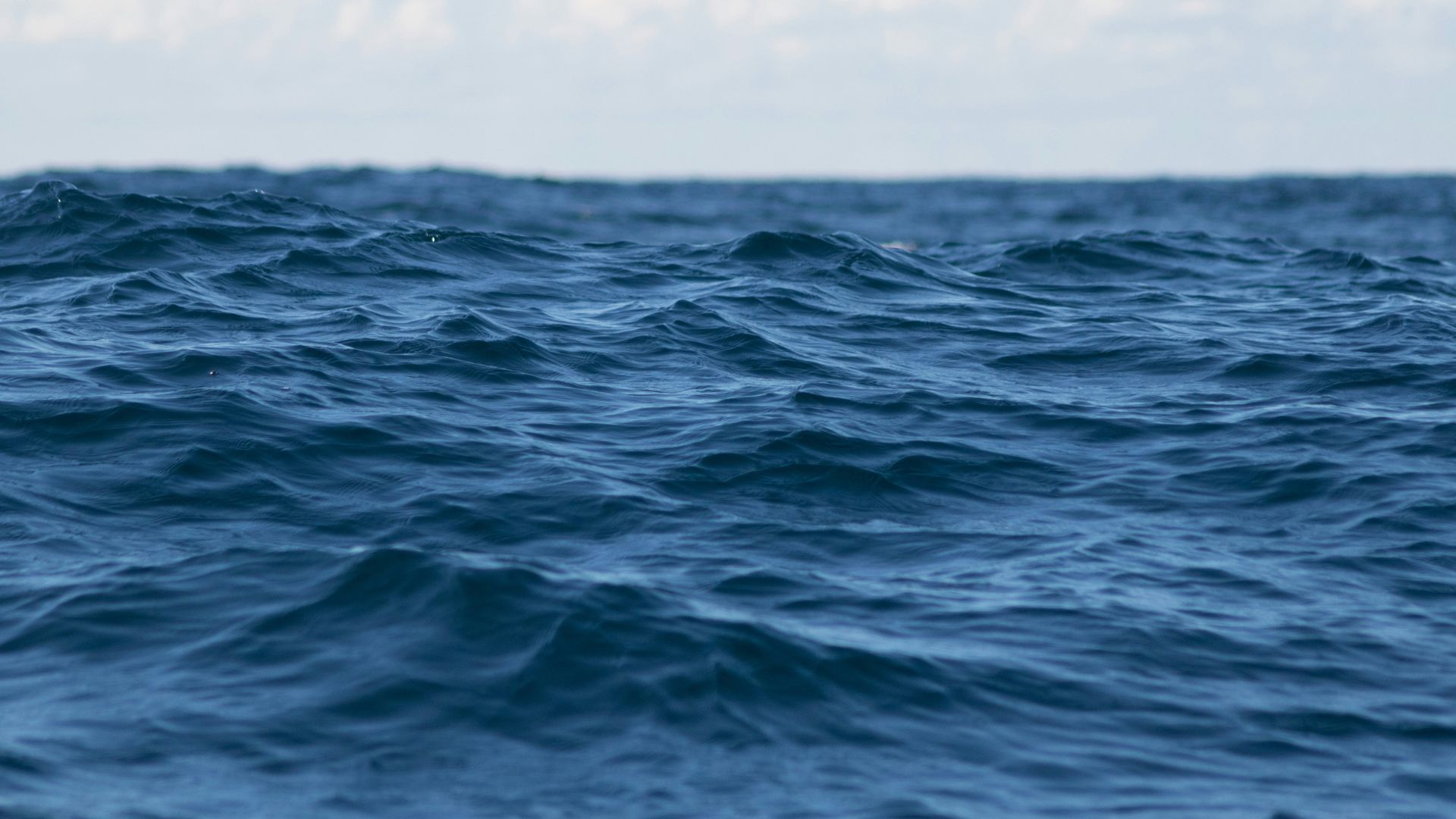
At the Pacific Island Forum Leaders Meeting in Tonga, Guterres was empathetic to the region which does not contribute much to polluting but is feeling the consequences of what the rest of the world does.
“The Pacific is today the most vulnerable area of the world,” Guterres said. “The small islands don’t contribute to climate change but everything that happens because of climate change is multiplied here.”
Surging Seas
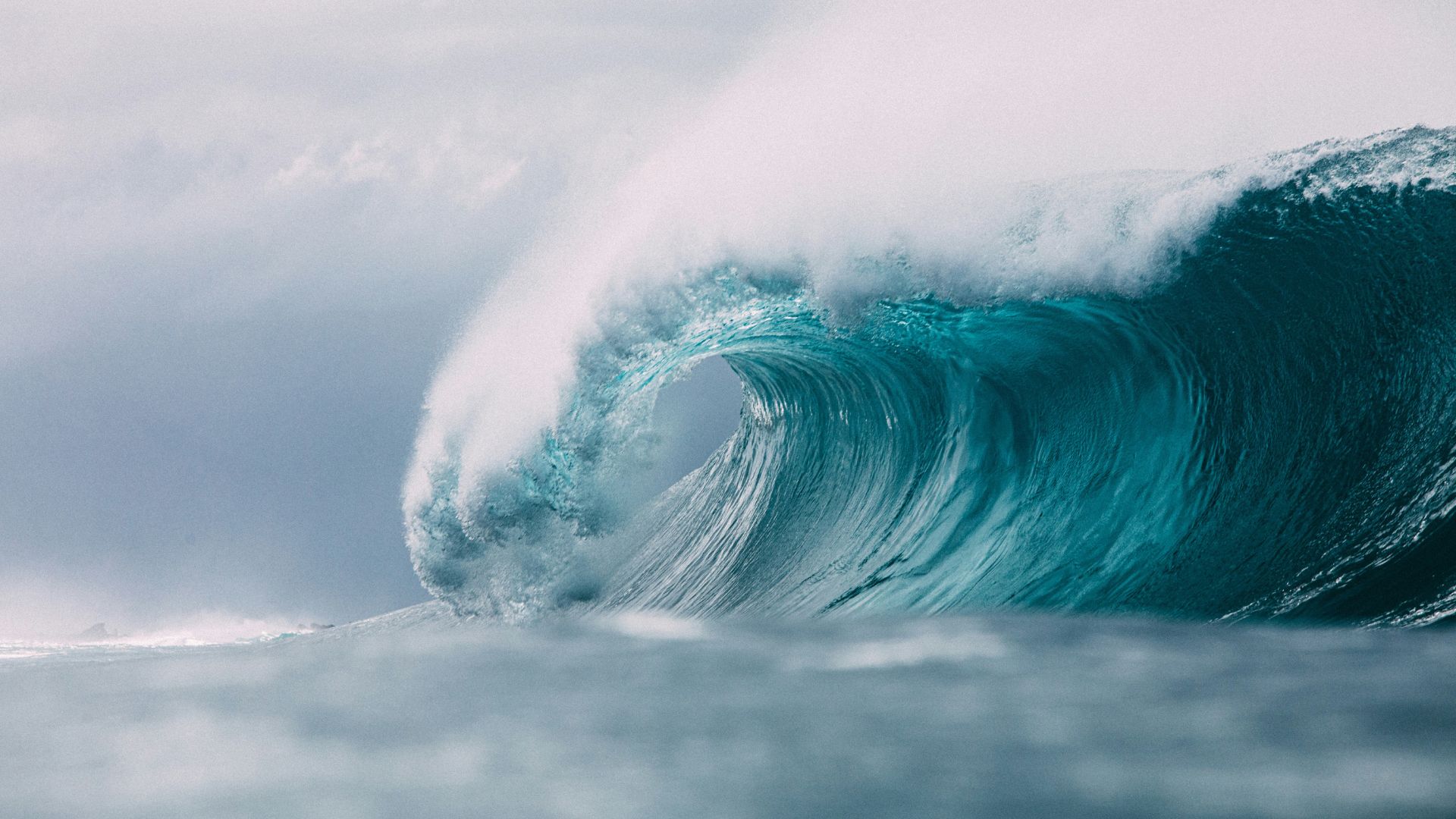
During his speech, Guterres did not mince words about the concern he has about the problem, declaring that “surging seas” would not just impact the most vulnerable among us.
His words echoed the title of a report called “Surging Seas in a Warming World” by the UN Climate Action Team that found an unprecedented sea level rise not seen in 3,000 years.
Coming For Everyone
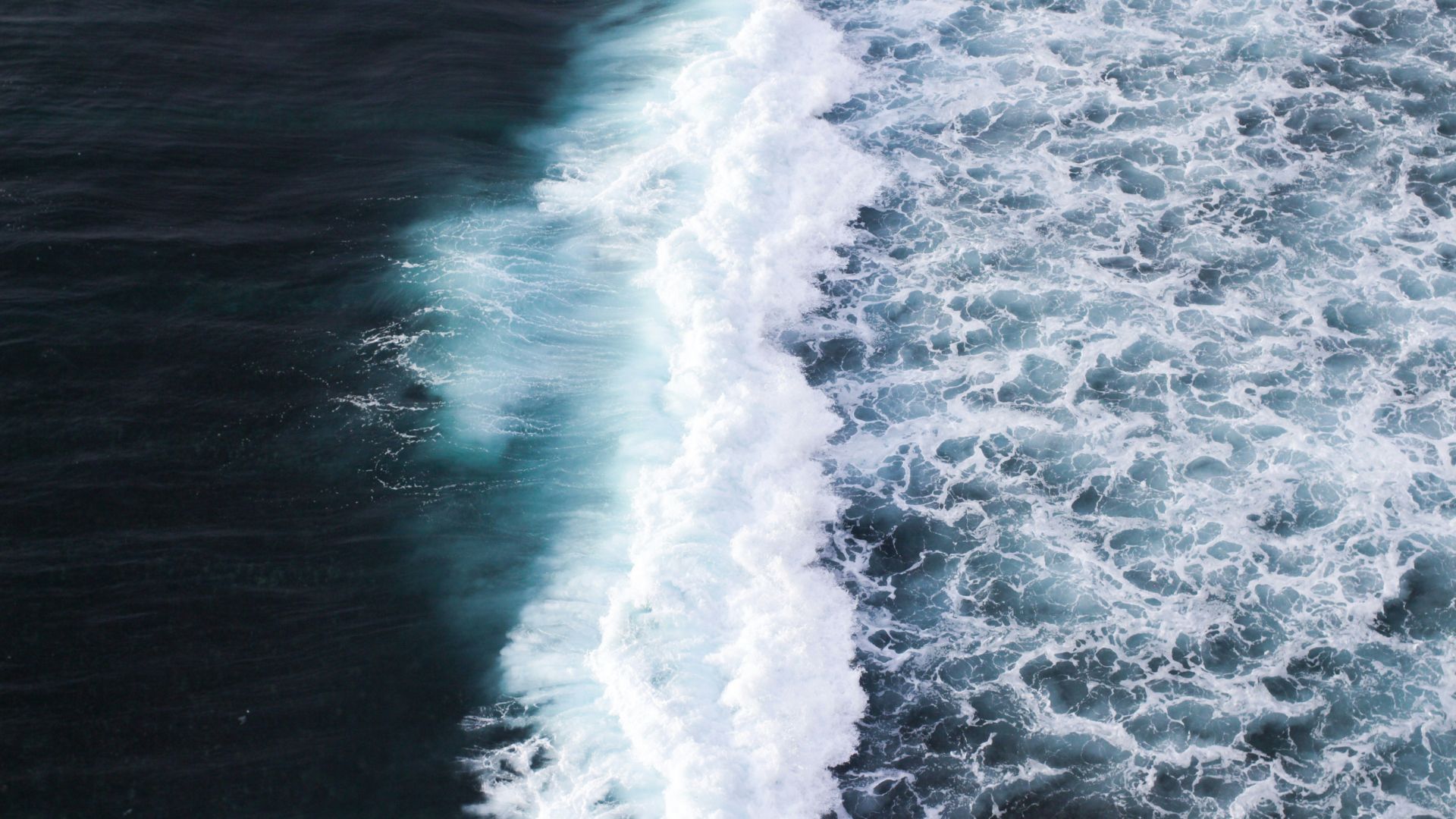
Guterres wanted to impart a sense of urgency to those listening, saying that while some of the damage is already done, there is still time to act to help those who will be most affected.
“Surging seas are coming for us all – together with the devastation of fishing, tourism, and the Blue Economy. Across the world, around a billion people live in coastal areas threatened by our swelling ocean. Yet even though some sea level rise is inevitable, its scale, pace, and impact are not. That depends on our decisions,” Guterres said.
Save Our Seas
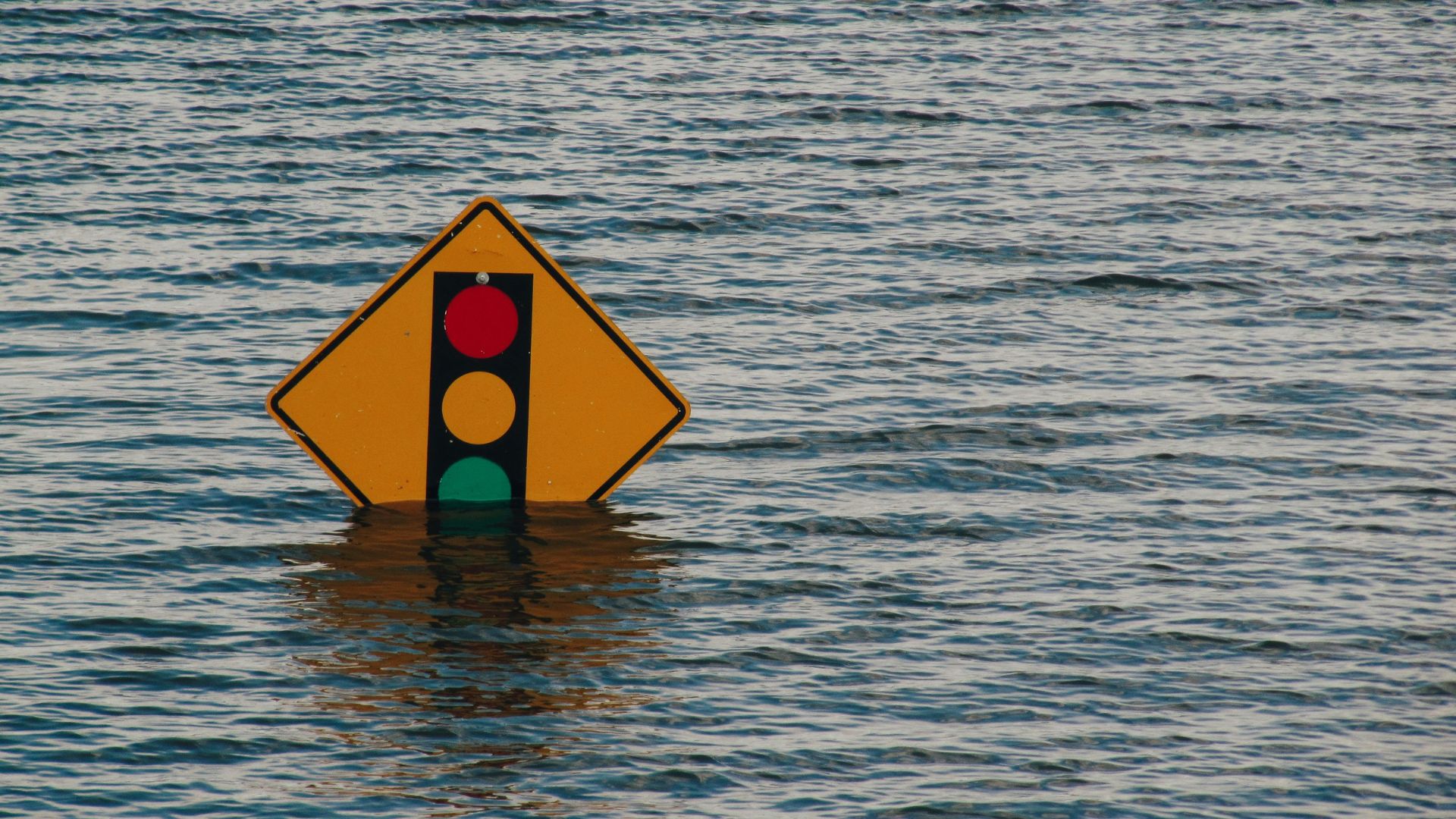
The UN report concluded with “high confidence” that the unprecedented sea level rises are primarily caused by human-induced global warming.
“Rising seas are a crisis entirely of humanity’s making. The world must act, and answer the SOS before it is too late,” said Guterres.
Worse Than Expected
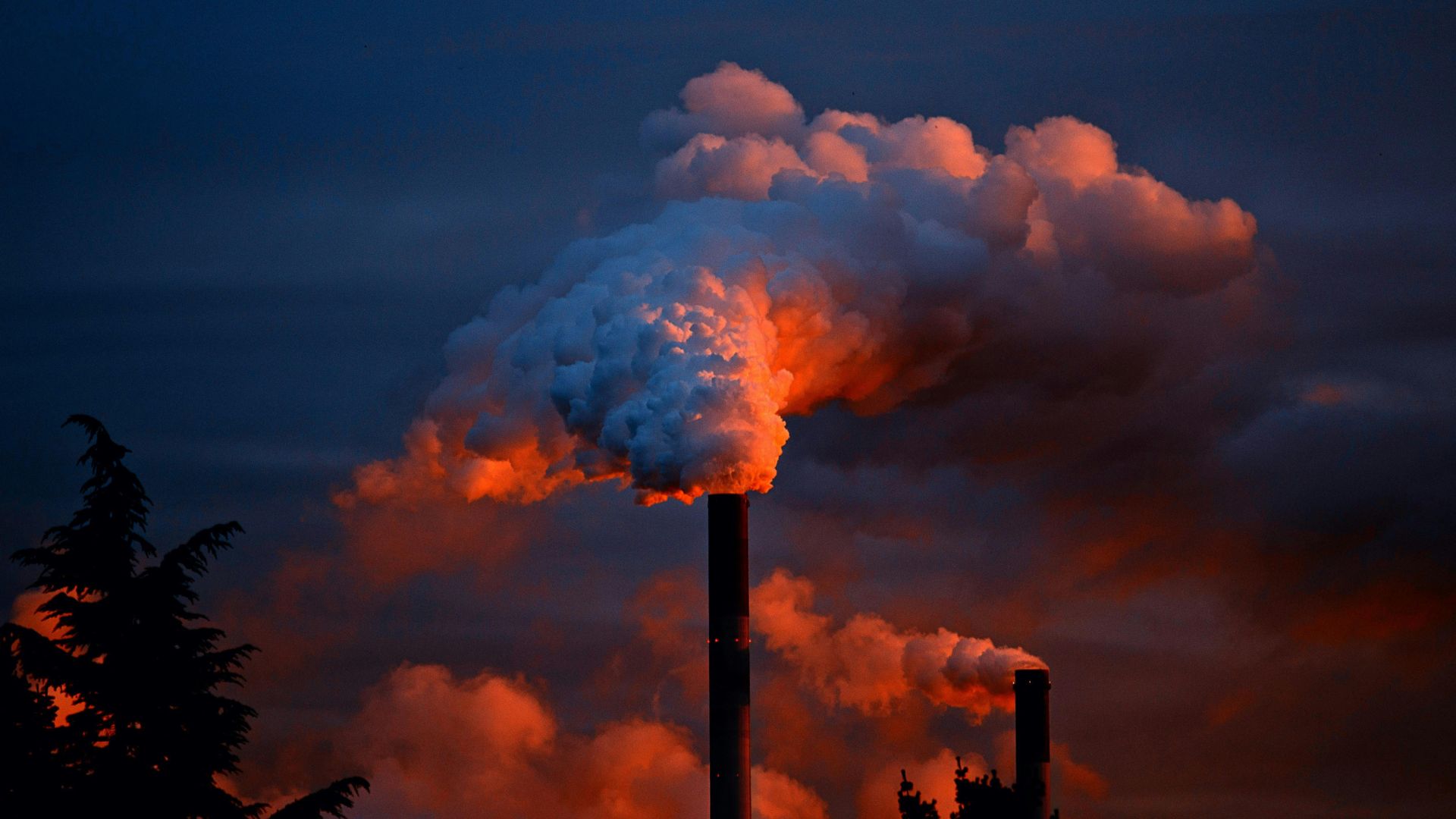
The report also warned of research that had established the planet is closing in on climate “tipping points” that have exposed the problem to be worse than predicted.
“Emerging research on climate ‘tipping points’ and ice-sheet dynamics is raising alarm among scientists that future sea-level rise (SLR) could be much larger and occur sooner than previously thought,” the report said.
No Lifeboats
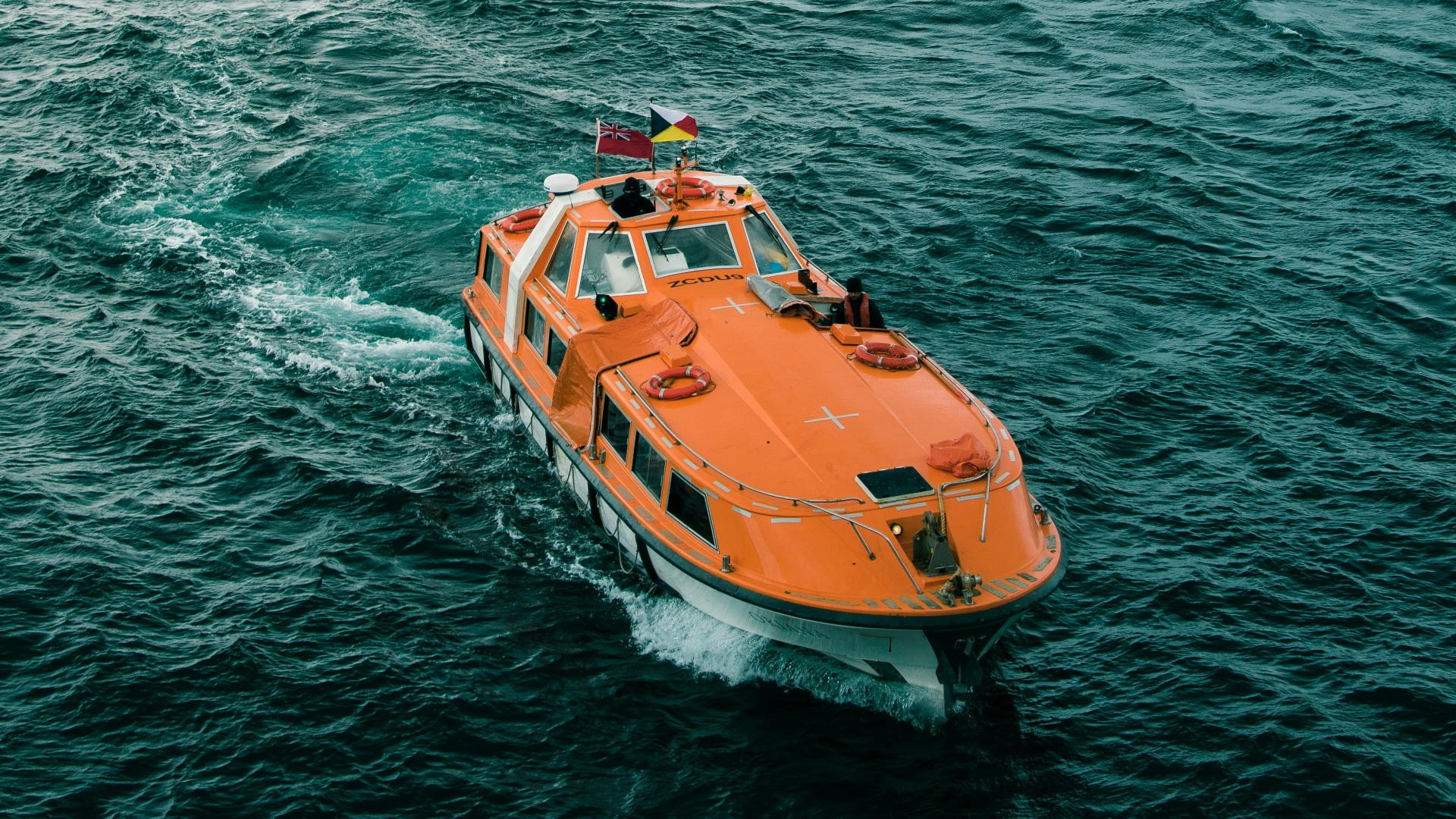
Guterres was adamant in his speech that we are rapidly approaching a point of no return and we will be powerless to stop the consequences.
“A crisis that will soon swell to an almost unimaginable scale, with no lifeboat to take us back to safety,” Guterres said during the conference.
Taking the Heat
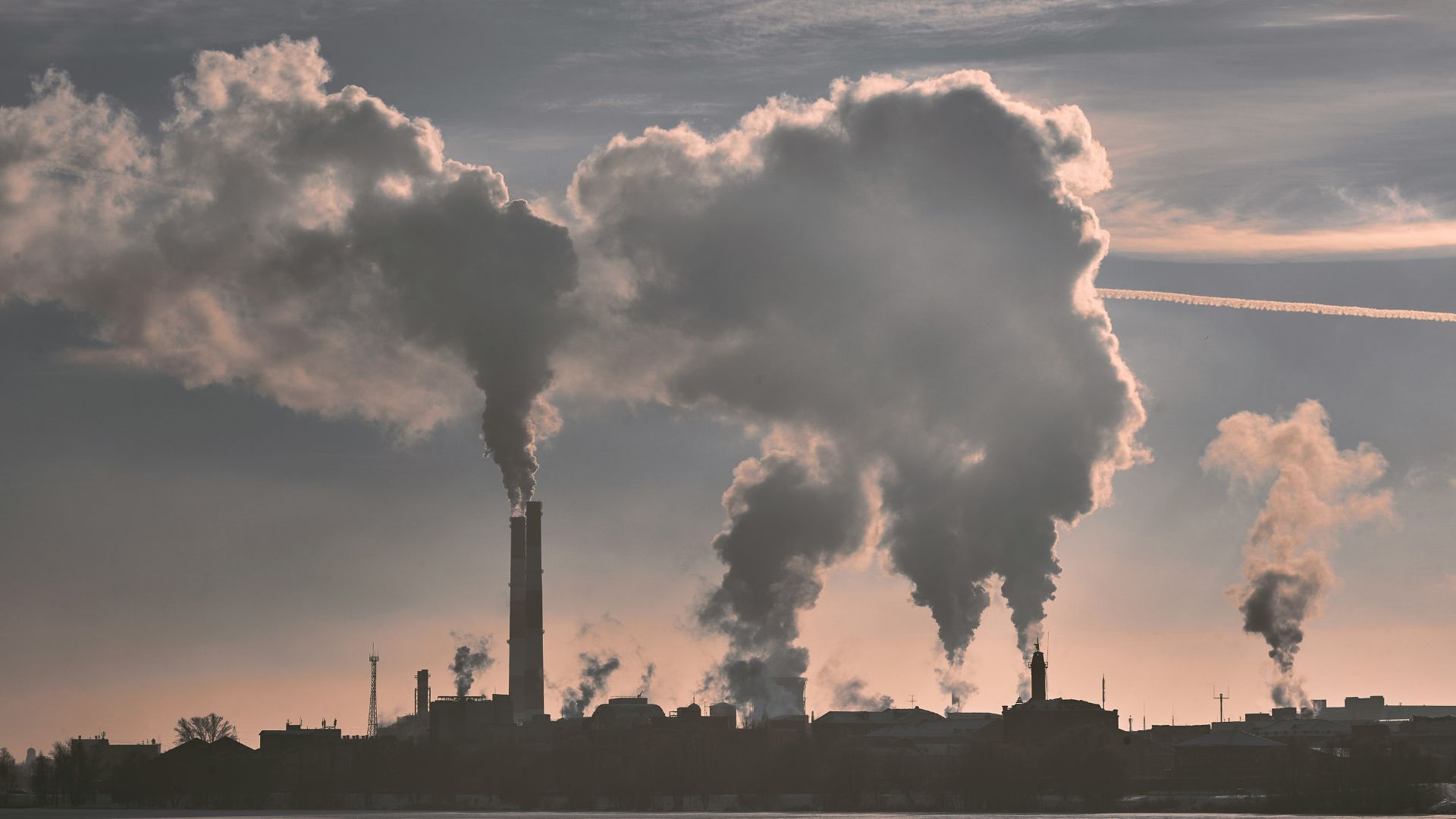
Part of his speech also emphasized what Guterres sees as a clear cause for all the trouble.
“The reason is clear: greenhouse gases – overwhelmingly generated by burning fossil fuels – are cooking our planet,” Guterres said. “The sea is taking the heat – literally.”
Matching the Mood
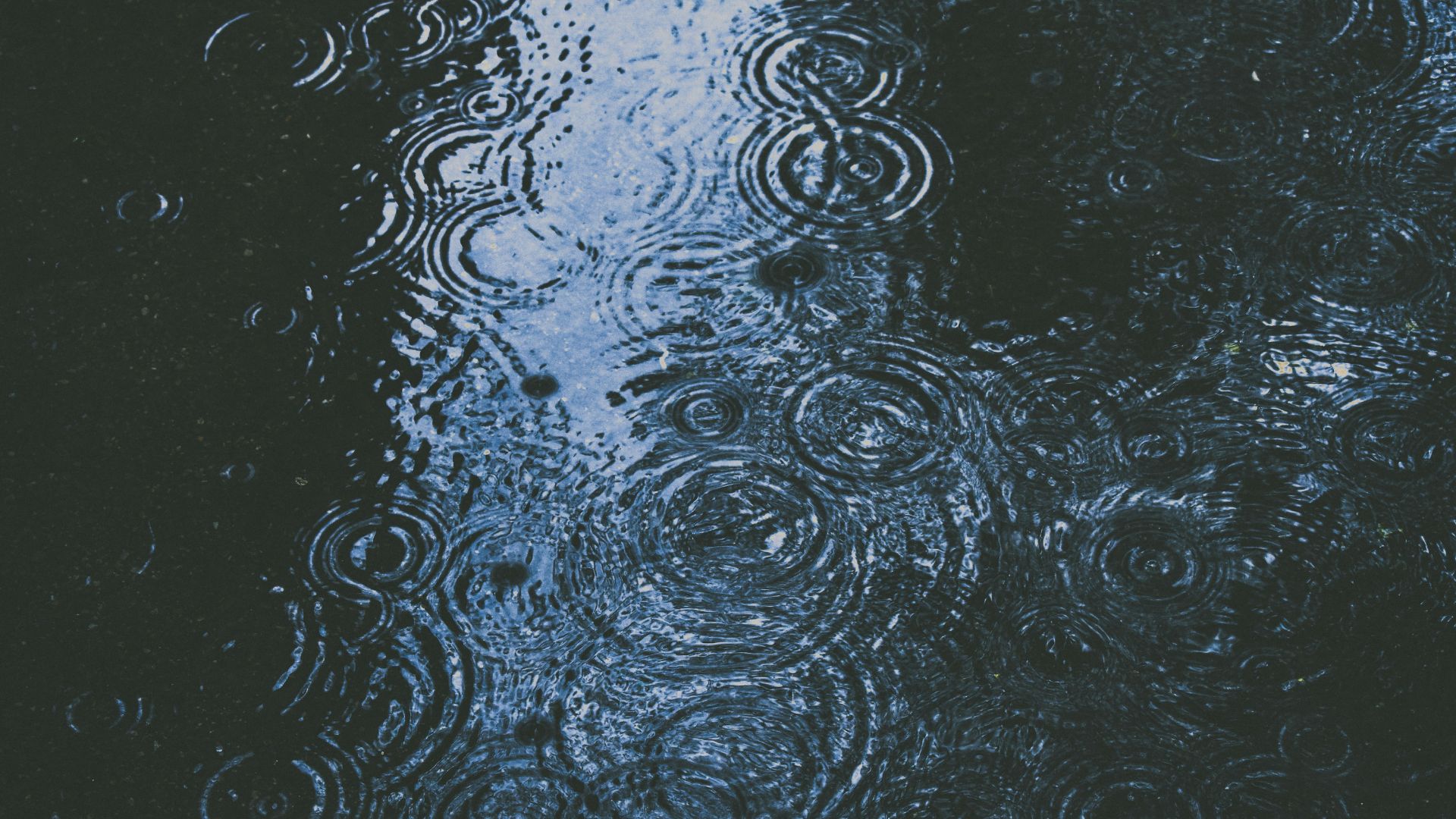
The theme of resilience at the conference was fitting. On the first day of the meeting, there was a barrage of heavy rain.
The new auditorium was subjected to an outpouring of precipitation and buildings had to be evacuated because of an earthquake.
Stark Reminder
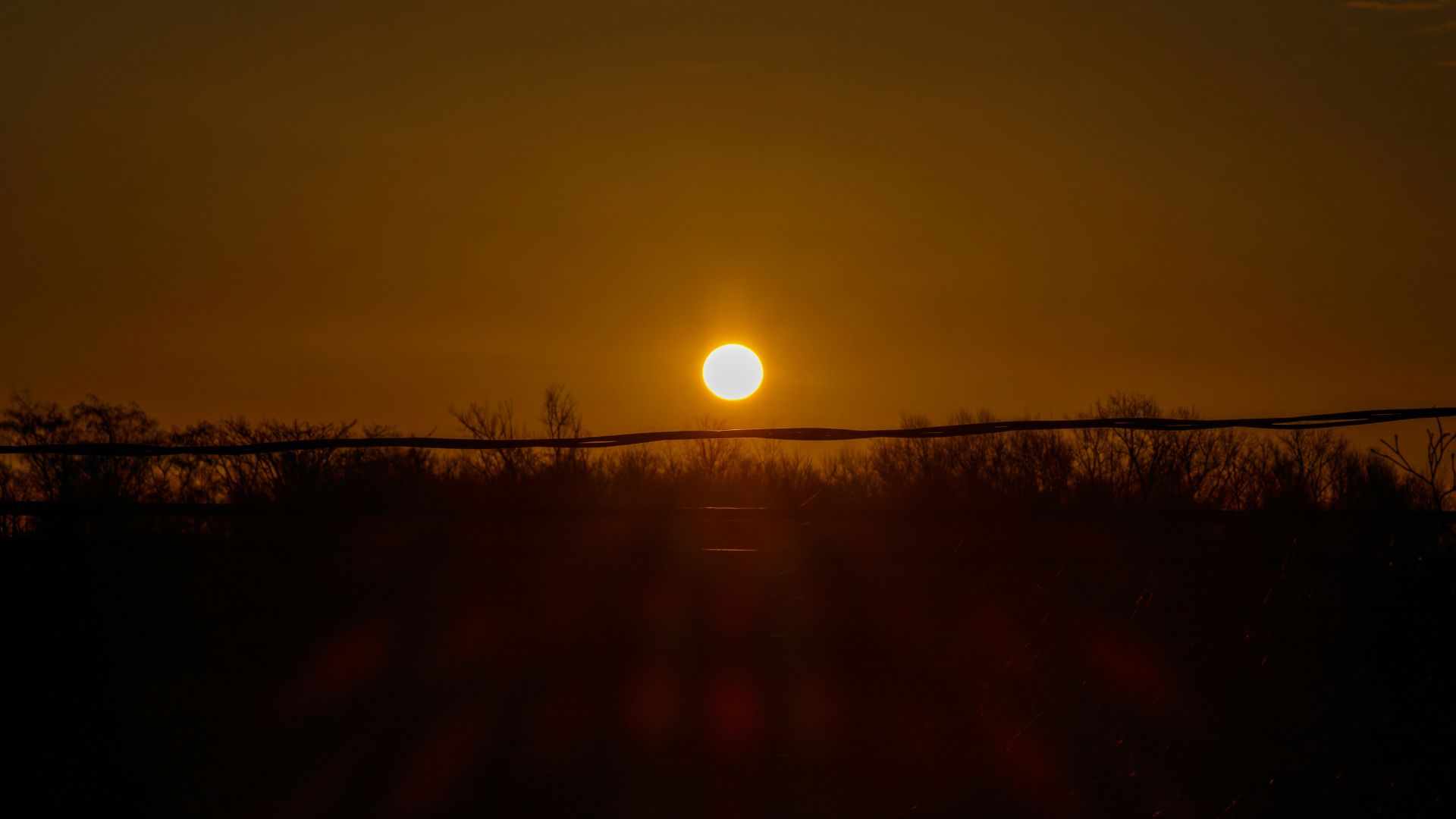
Joseph Sikulu, Pacific director at climate change advocacy group 350, felt that the weather was a reminder of the urgency of the problem.
“It’s such a stark reminder of how volatile things are within our region, and how important it is that we need to prepare for everything,” said Sikulu.
Report Data
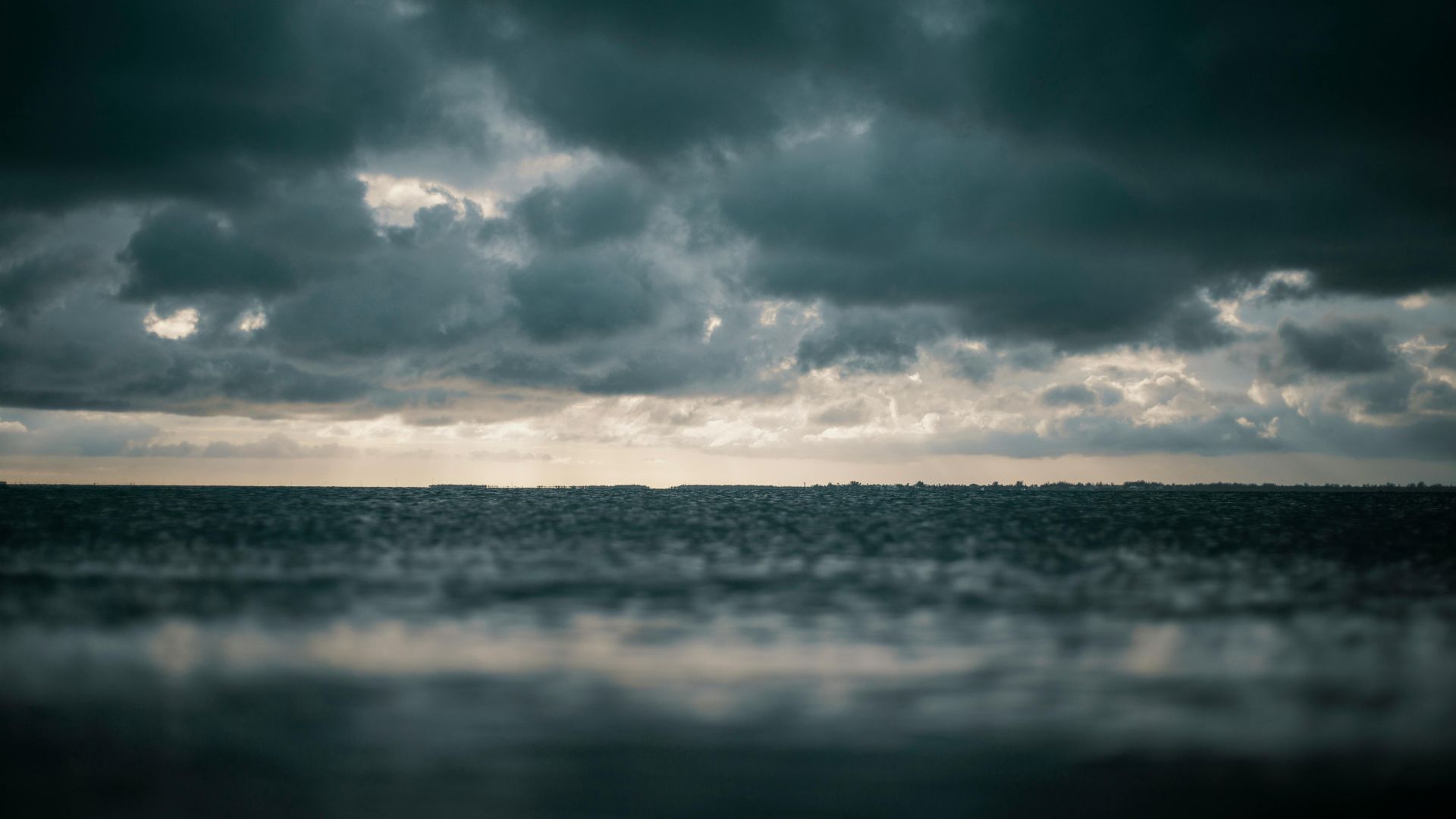
Another recent report revealing more cause for concern was the World Meteorological Organization’s State of the Climate in the South West Pacific report.
This report found that the Pacific region in particular is exposed to a triple threat of rising sea levels, ocean acidification, and a warming of the ocean.
Triple Whammy

In a August 27 press release by the World Meteorological Organization on the report, emphasis was placed on the effect of this triple threat.
“A triple whammy of accelerating sea level rise, ocean warming and acidification is imperilling Pacific Islands, which face growing threats to their socioeconomic viability and indeed their very existence because of climate change,” said the press release.
